
3 minutes read
console.log() in PHP
Table of contents
How to log into the console in PHP
PHP is a server-side scripting language and cannot log into the console just like in JavaScript. PHP code is interpreted and executed by the server, not by your visitors’ web browser.
However, like with console.log() in JavaScript, PHP can print values using the var_dump() function.
Let’s explore in more details, shall we?
var_dump() is the console.log() of PHP
var_dump() is PHP’s workhorse for spitting out a variable’s value.
What does it do exactly? It displays structured information about one or more expressions that include its type and value.
If you var_dump() an object, it will display the class name, the object’s attributes, and their respective values.
Pretty neat, huh?
Let’s look at an example:
var_dump(['Foo', 'Bar', 'Baz']);
The output you’d get from this would be:
array(3) { [0]=> string(3) "Foo" [1]=> string(3) "Bar" [2]=> string(3) "Baz" }
While var_dump() does a fine job, it isn’t without its limitations.
Its output can sometimes be hard to read, especially with large, nested arrays or objects.
Luckily, the world of PHP debugging is rich and diverse.
Therefore, let me present you Laravel’s debugging helpers, dump() and dd().
dump() and dd() are the console.log() of Laravel
Laravel, the popular PHP framework, introduces a couple of useful helpers that can make our debugging life a bit easier. They’re called dump() and dd().
The dump() function in Laravel works similarly to var_dump(), but it’s a bit friendlier to the eyes.
It prints the data in a more structured and stylized format, making it easier to read and understand.
Let’s use dump() on the same array we used with var_dump():
dump(['Foo', 'Bar', 'Baz']);
The output is more neatly structured and presented:
array:3 [ 0 => "Foo" 1 => "Bar" 2 => "Baz" ]
Now, let’s talk about Laravel’s dd() function.
“dd” stands for “dump and die.”
It works similarly to dump(), but with a slight twist. After dumping the data, it halts the execution of the script. This is particularly useful when you want to examine a specific part of your code without letting the rest of it run.
Again, let’s use dd() on our example array:
dd(['Foo', 'Bar', 'Baz']); echo "This will never be executed.";
The output would be the same as dump(), but the script execution will stop immediately after.
But what if I really want it in the browser console?
I’m struggling to find up to date solutions, but here’s one that’s working at the moment. If I find more, I’ll update this article.
FirePHP (Chrome and Firefox)
Install the Chrome or Firefox extension. Then, add this package to your project:
composer require firephp/firephp-core --dev
Then, you just need to log something:
$firephp = FirePHP::getInstance(true); $firephp->log('Greetings from PHP to Firefox!');
Also, check out the GitHub repository.
Did you like this article? Then, keep learning:
- Update your knowledge about upcoming PHP features and release dates
- Find the best PHP cloud hosting providers for deploying your PHP applications
- Discover the best PHP packages to enhance your projects in 2024
- Learn to clear Laravel's cache easily for troubleshooting
- Enhance understanding of Laravel with a clear explanation of how it works
- Upgrade your Laravel skills with a detailed upgrade guide
- Explore other Laravel debugging aids and helpers to improve your workflow
- Learn how to show all PHP errors for better debugging
- Understand how to use Laravel's Artisan CLI tool for increased productivity
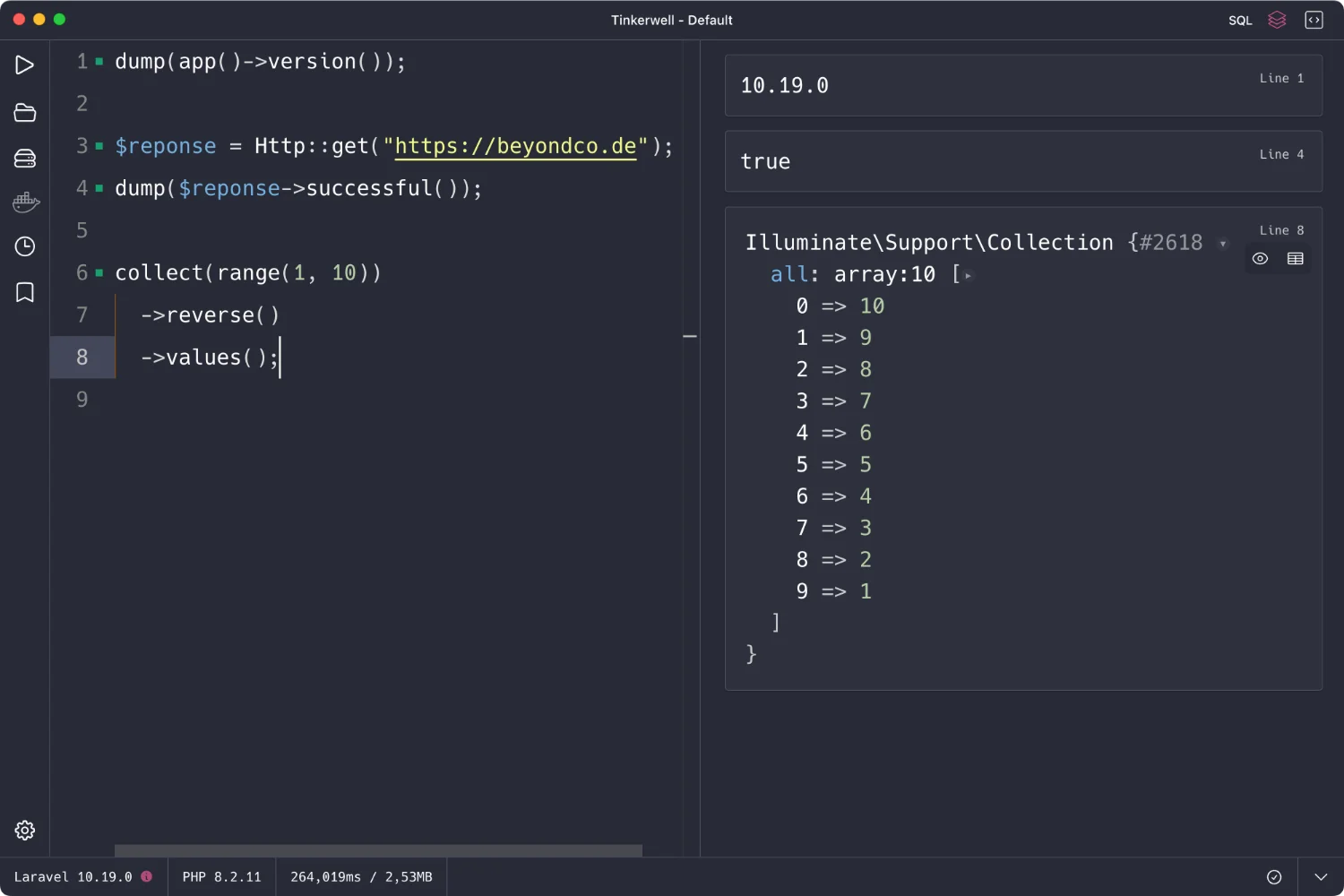
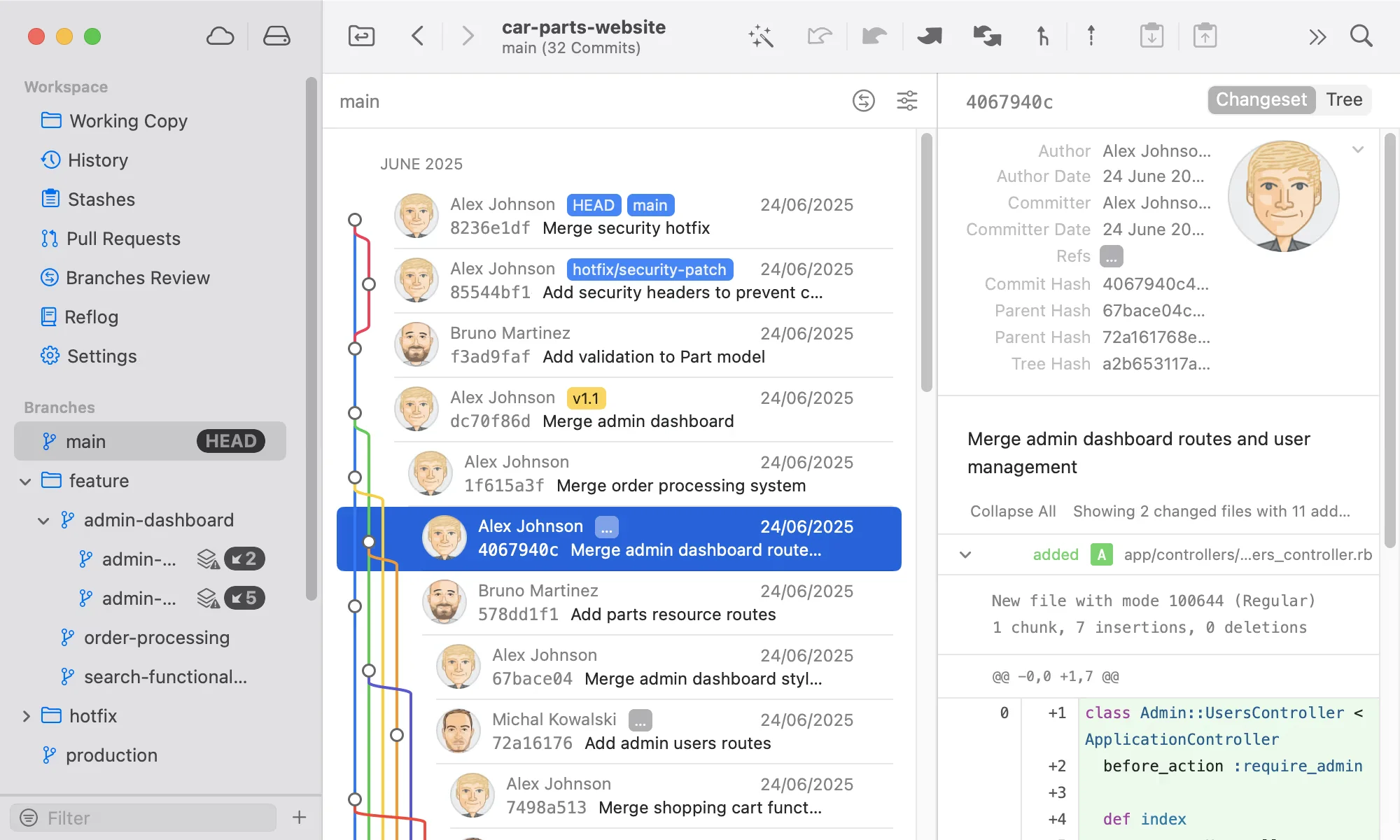
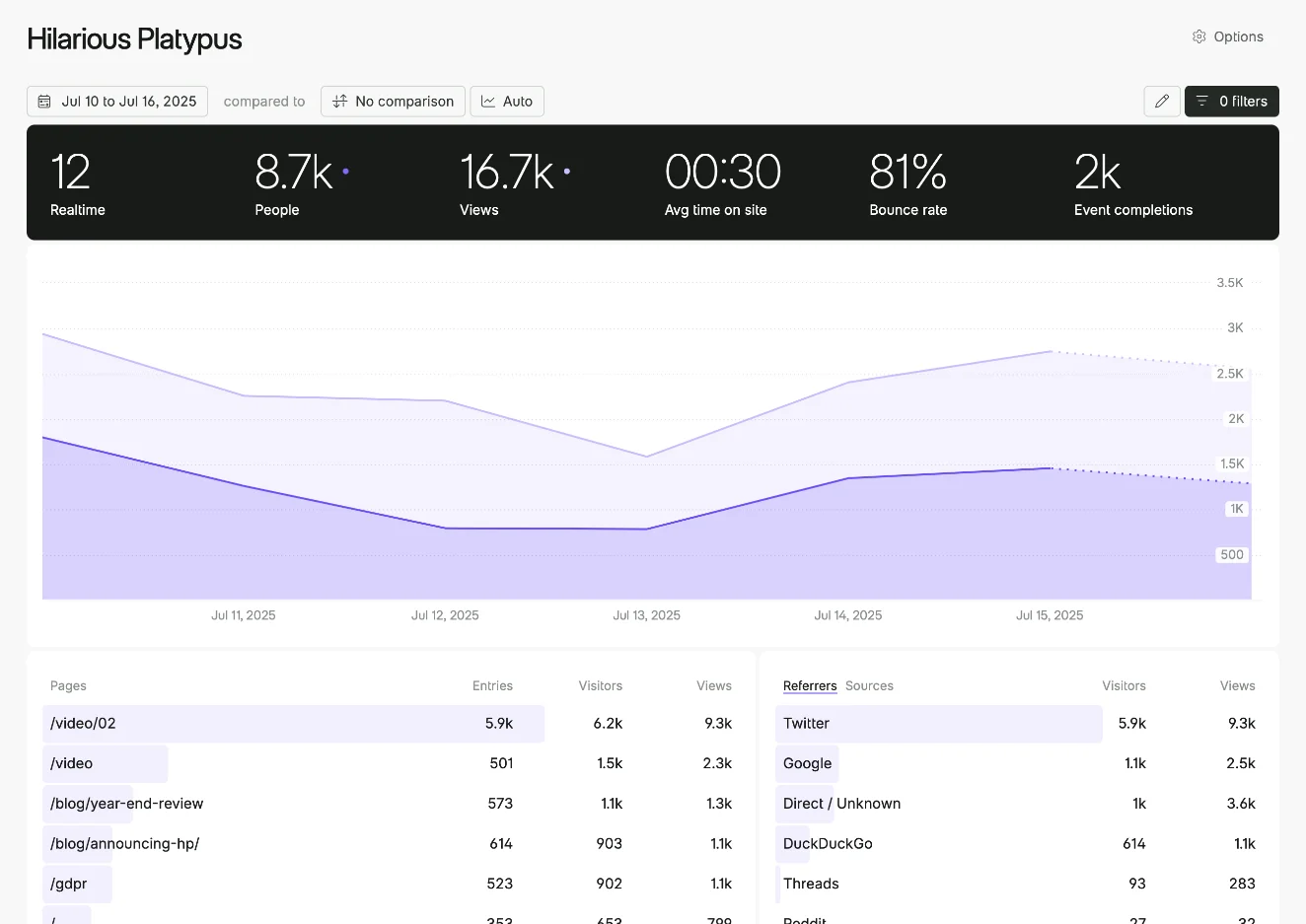
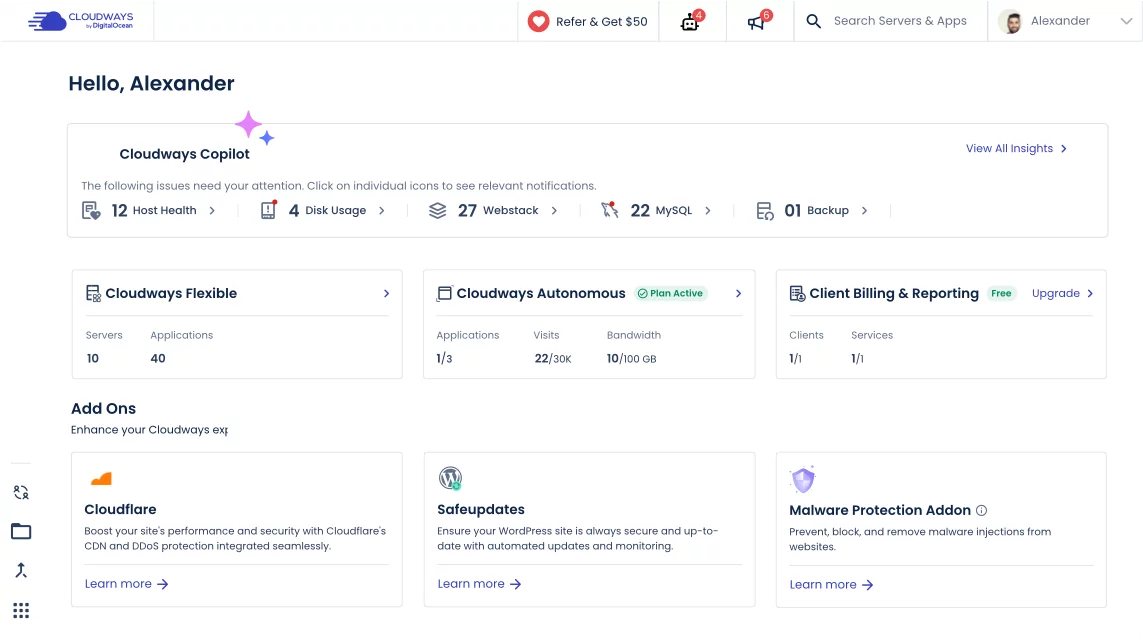

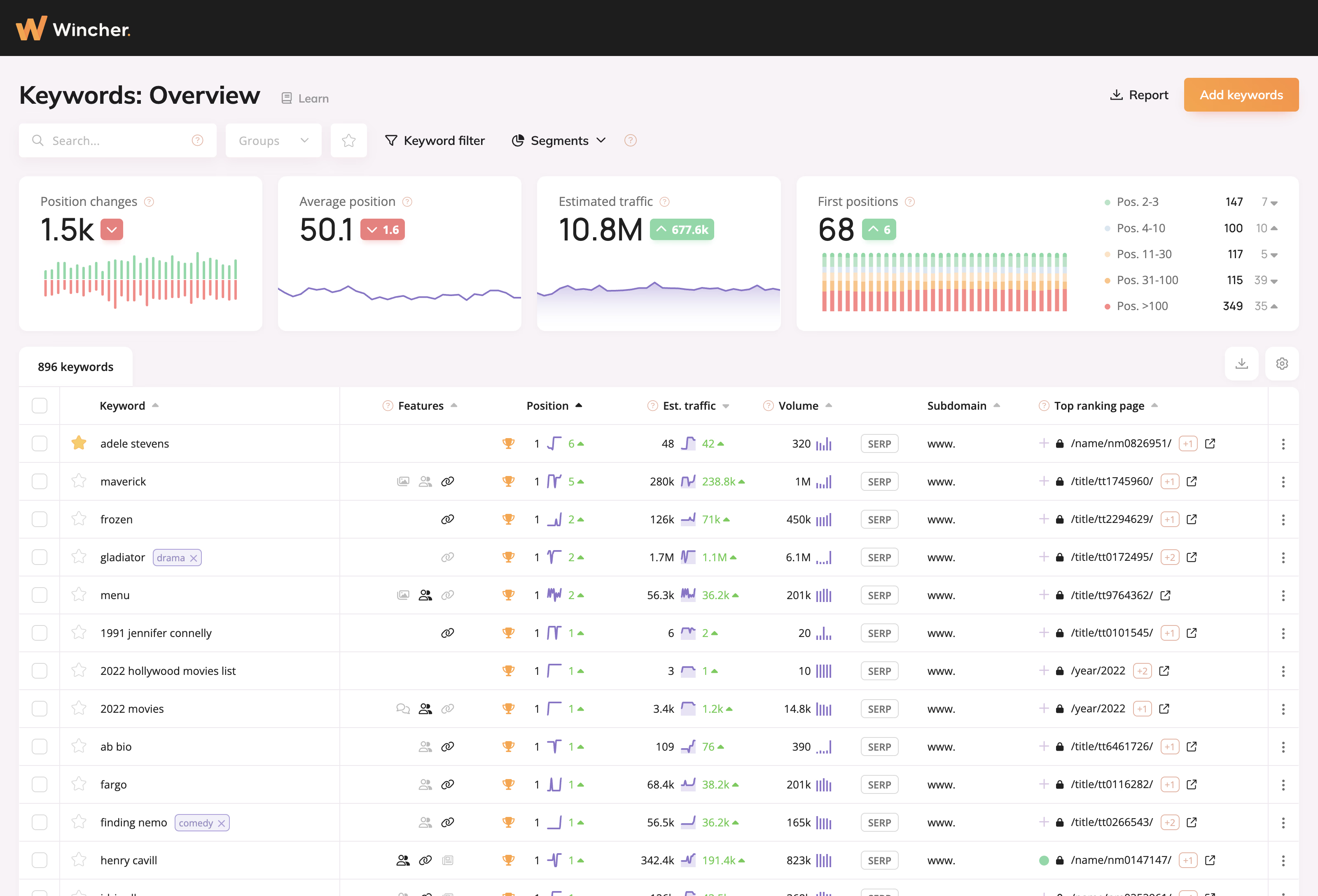
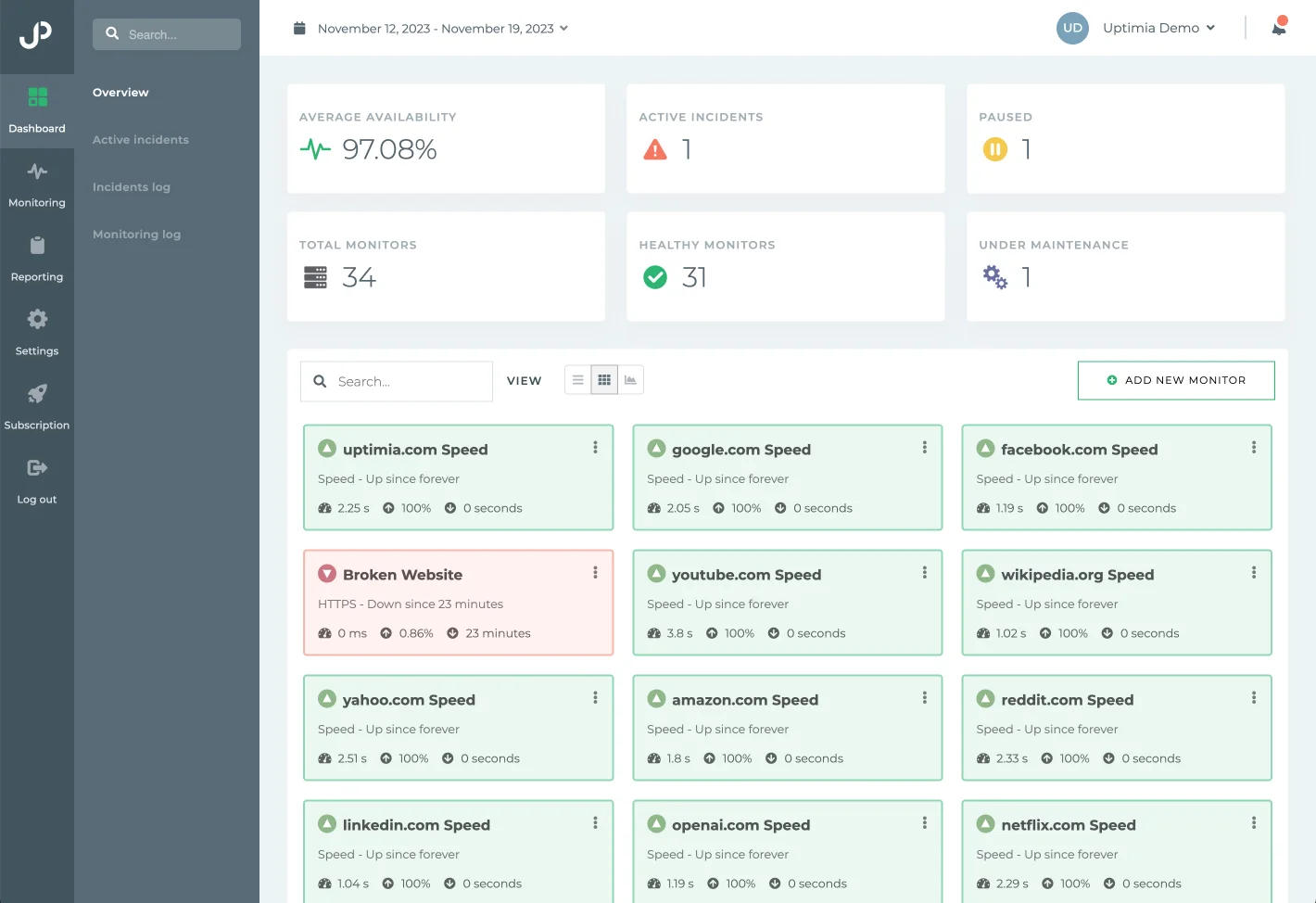
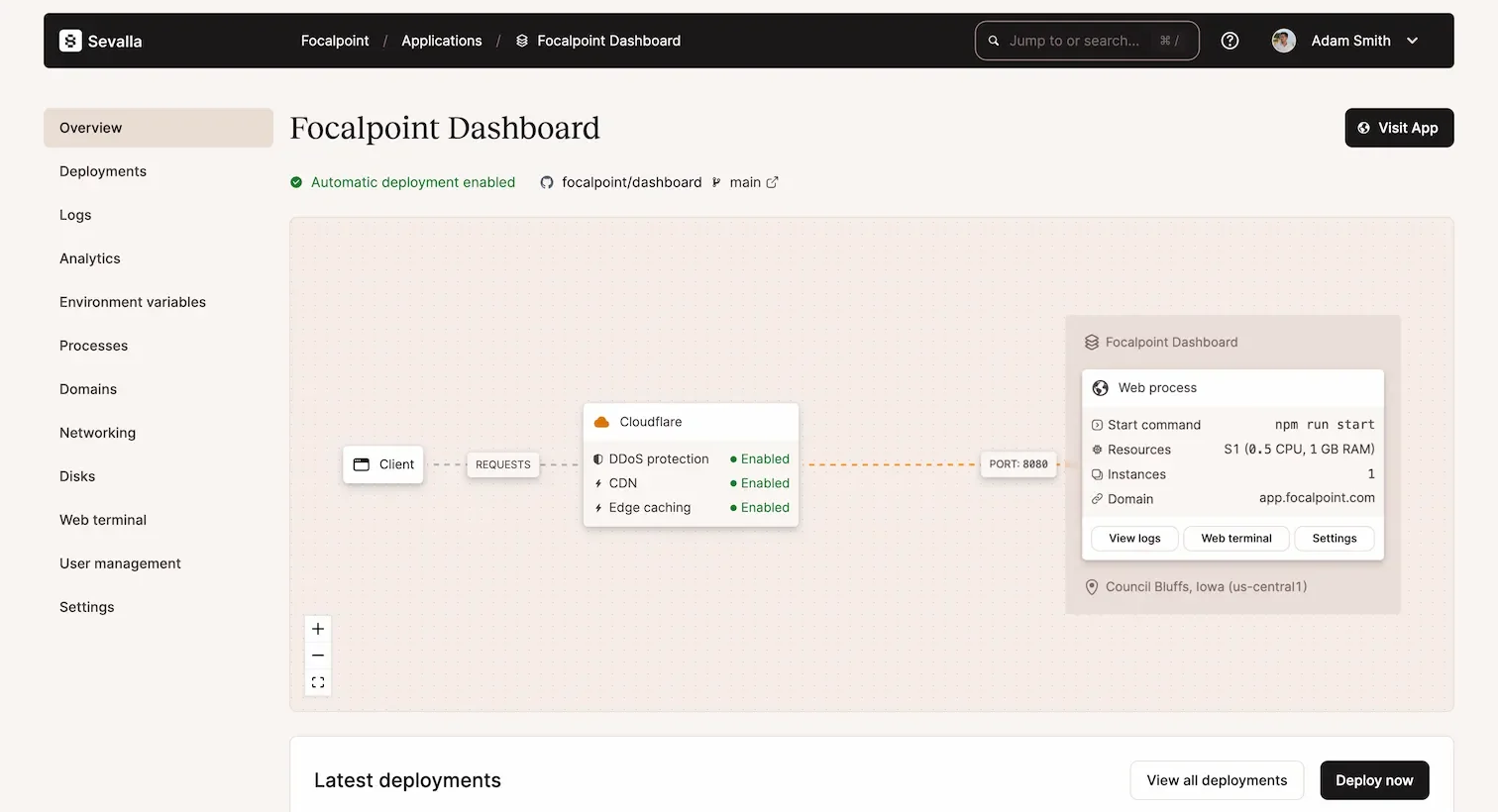
1 comment
why not do this:
echo '<script>console.log("console message from PHP!"); </script>';